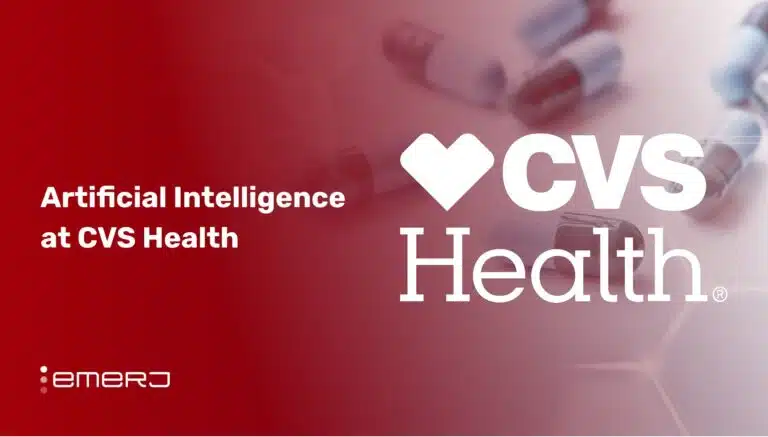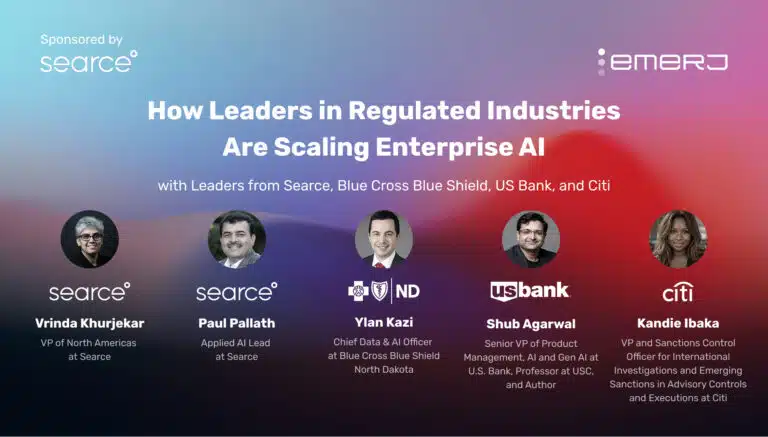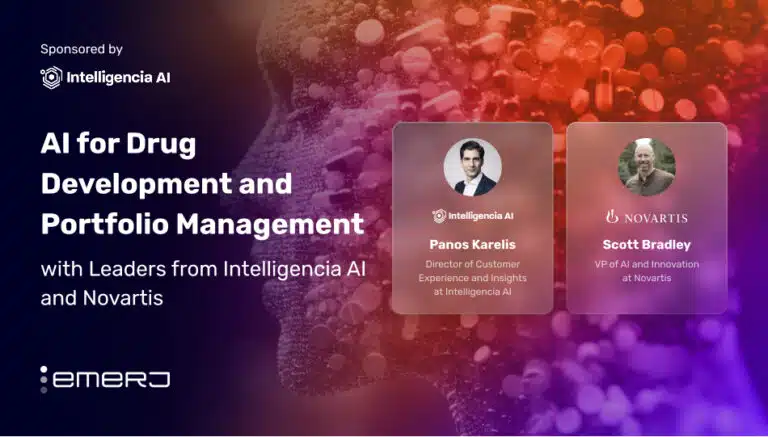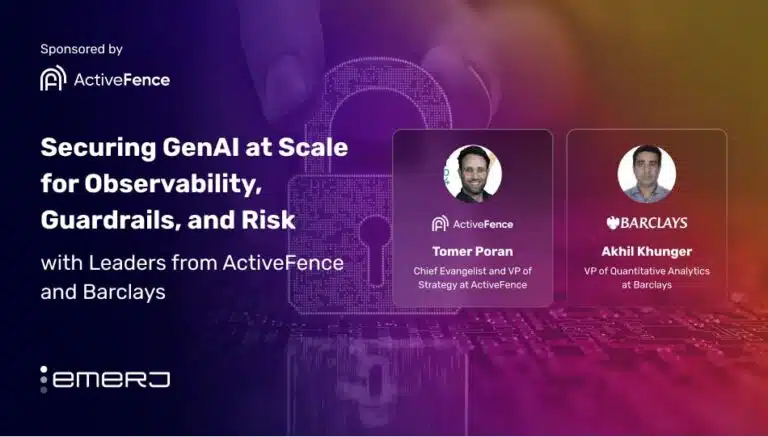Episode Summary: This week’s guest is Kimberly Powell, senior director of business development at NVIDIA. In an interview conducted at the 2016 AI Summit in San Francisco, Emerj kicked off the conversation by asking Powell, ‘What is a GPU?’ Powell explains not only the difference between GPUs and CPUs but also the factors that are making the former easier to use. She also delves into how Nvidia and others are working to make deep learning technology and related innovations more accessible to small businesses and startups across industries, a topic of interest to many companies in the Bay area and beyond. Powell is one of several female executives in the AI field who we’ve been fortunate enough to interview this year.
Expertise: Computer Engineering and Technology Product Design and Management
Brief Recognition: Kimberly Powell is the senior director of business development at NVIDIA, where she leads a team of business development and strategic alliance managers focused on developing new markets specifically in deep learning, data analytics and artificial intelligence. Prior to joining NVIDIA, she was a product manager of diagnostic imaging display systems for Planar Systems Medical Business, as well as a hardware engineer at DOME imaging systems, primarily concentrated on FPGA design. Powell holds a BS in Electrical Engineering/Computer Engineering from Northeastern University, a graduate certificate in Project Management from Boston University, and is an Executive Ed certificate in Product Design, Development and Management from MIT’s Sloan School of Management.
Current Affiliations: Senior Director of Business Development at NVIDIA
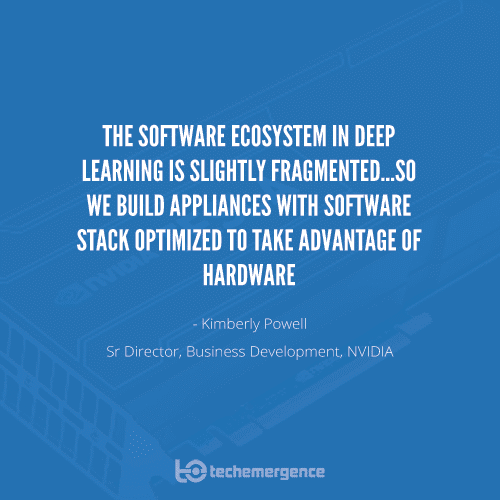
Interview Highlights:
(1:35) The difference between CPUs and GPUs…what are those core differentiators, how do you explain it to the general public?
(3:46) Nvidia gets to see so many applications of deep learning across so many industries…talk about a couple of unique applications in deep learning that people who are Googling this stuff might not be familiar with…
(7:34) I know you (Nvidia) have focused on making deep learning more accessible…how will ‘normal’ small businesses get their hands on deep learning and gain some utility?
(11:58) What are some of the ways people are getting inspired, where they’re able to find the various applications (of GPU and deep learning technology)…to drive some business value…where do you see people gleaning meaningful insight on, ‘Hey, we could use that’?
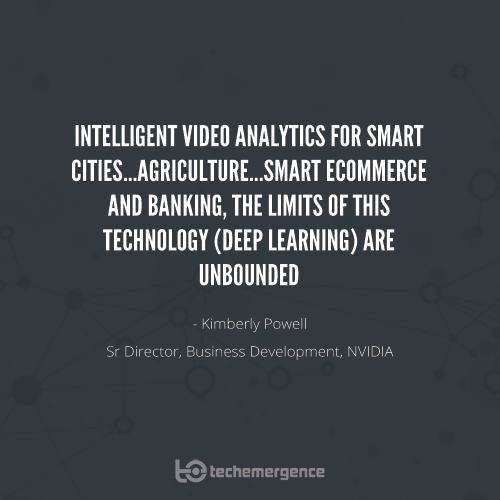
Big Ideas:
- GPUs are driving innovations across industries that were unimaginable just a few years ago (for example, smart cameras in smart cities and self-driving tractors) and are driving the future of parallel computing.
- Tech companies are helping to build the data science talent pool through both open-source technologies and pioneering educational initiatives (like Nvidia’s Deep Learning Institute, which provides a training platform and self-paced courses in deep learning). Listen to our recent conversation with Airbnb, which touches on the concept of open-source machine learning.








